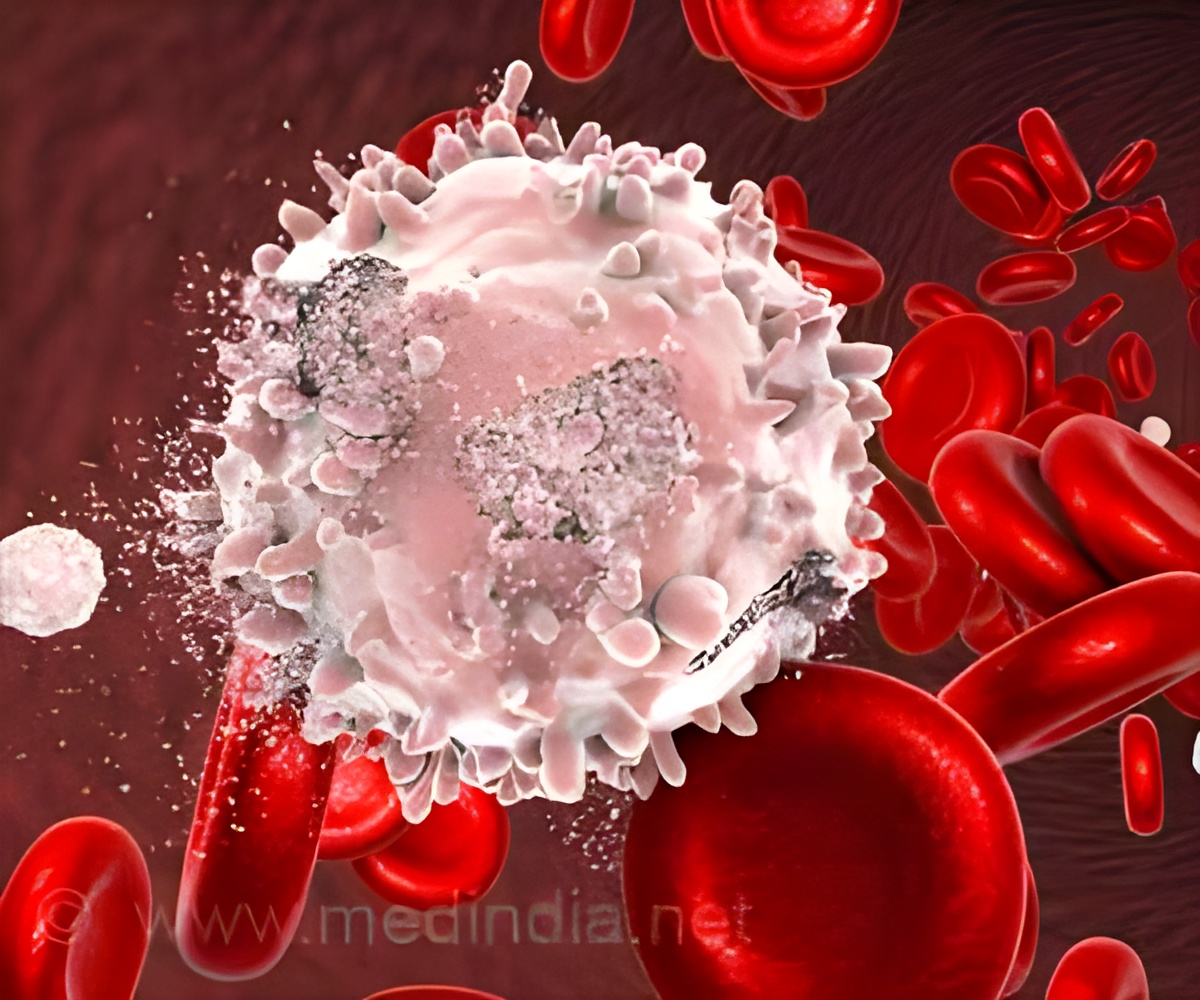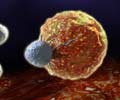An update on the pivotal global trial of CAR T-cell treatment for relapsed or refractory acute lymphoblastic leukemia.

‘CAR T-cell therapy helps achieve longer-term durable remissions and longer-term survival for ALL patients.’





The updated results report new data from the Novartis-sponsored ELIANA trial, conducted in 25 centers in 11 countries worldwide. Chimeric antigen receptor T (CAR-T) cell therapy genetically modifies a patient’s immune cells to make them seek out and kill leukemia cells. The approach was developed by a team led by Carl June, MD, of the Perelman School of Medicine at the University of Pennsylvania. That team collaborated with Children’s Hospital of Philadelphia (CHOP), the first institution to use the therapy in children with leukemia.
The current study includes longer-term follow-up of safety and efficacy data in 75 patients aged 25 and younger.
"This expanded, global study of CAR T-cell therapy gives us further evidence of how remarkable this treatment can be for our young patients in whom all other treatments failed," said lead author Shannon L. Maude, MD, PhD, a pediatric oncologist at CHOP and Assistant Professor of Pediatrics in the Perelman School of Medicine at the University of Pennsylvania. "Our data show not only can we can achieve longer-term durable remissions, and longer-term survival for our patients, but that these personalized, cancer-fighting cells can remain in the body for months or even years, effectively doing their job."
In the 75 children and young adults who received the CAR T-cells, 61 (81 percent) had a response to treatment, defined as complete remission with or without complete recovery of blood counts, after at least three months of follow-up. Relapse-free survival in those 61 patients was 80 percent at six months after treatment, and 59 percent at 12 months. Overall survival in all 75 patients was 90 percent at six months and 76 percent at 12 months. The survival rates, say the authors, are evidence that the early response rates were durable. In the absence of CAR T-cell therapy, patients with multiple relapsed or refractory B-cell ALL face a poor prognosis.
Advertisement
In line with earlier studies of CAR T-cell treatment, the most common treatment-related side effect was a severe flu-like condition called cytokine release syndrome (CRS), involving high fever, muscle pain, neurologic symptoms, and circulatory and respiratory problems. Nearly half of the 75 patients received intensive care unit treatment to manage CRS, but the effects were treatable and transient.
Advertisement
"One of our more challenging questions - ’can we manage the serious side effects of CAR T-cell therapy?’ - was asked, and answered in this global study," said Grupp, the Section Chief of Cell Therapy and Transplant at CHOP, and a Professor of Pediatrics in the Perelman School of Medicine at the University of Pennsylvania. "Some of our patients get very sick, but we showed that most toxic effects can be short-lived and reversible, with the potential for our patients to achieve durable, complete remissions. That’s a pretty amazing turnaround for the high-risk child who, up until now, had little chance of surviving."
The research team is pursuing ongoing clinical trials, studying ways to mitigate serious side effects and overcome relapse.
Source-Eurekalert














